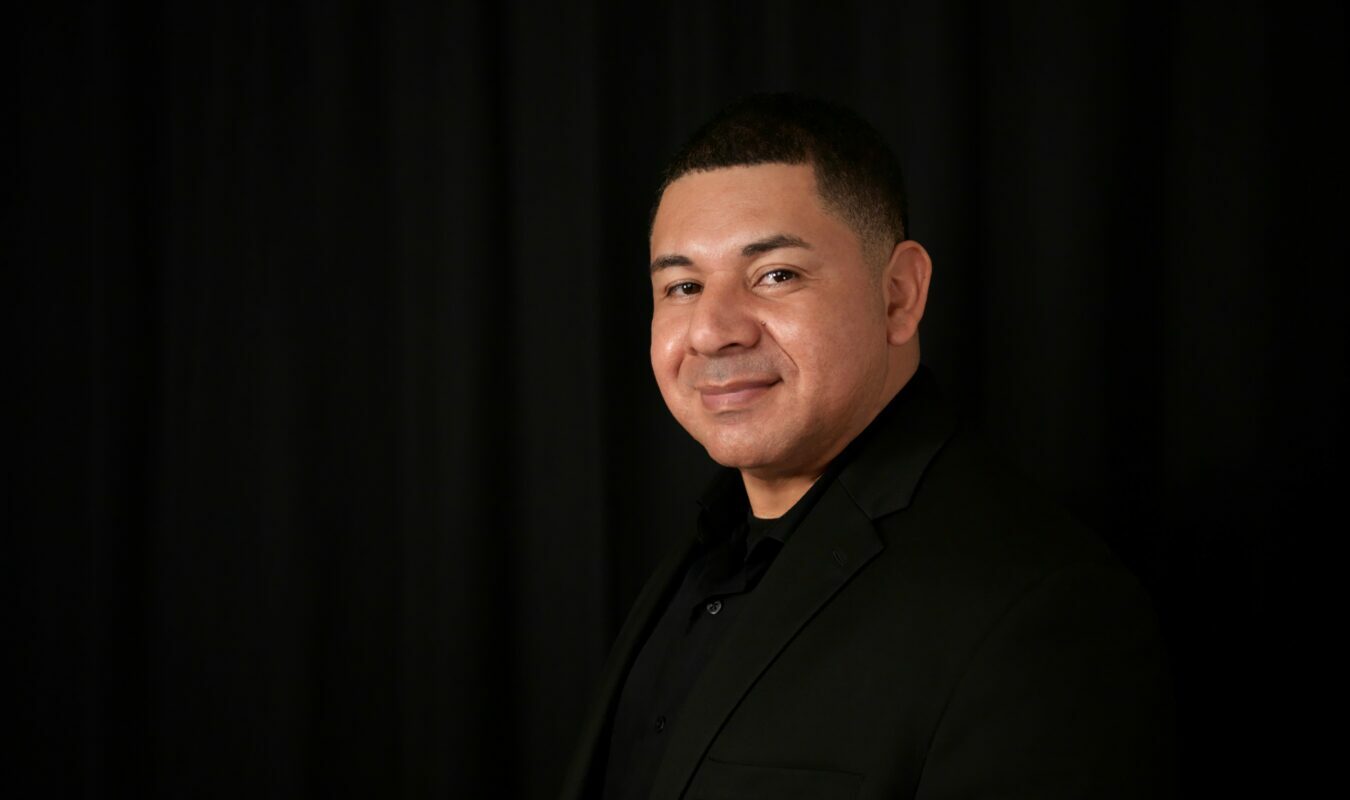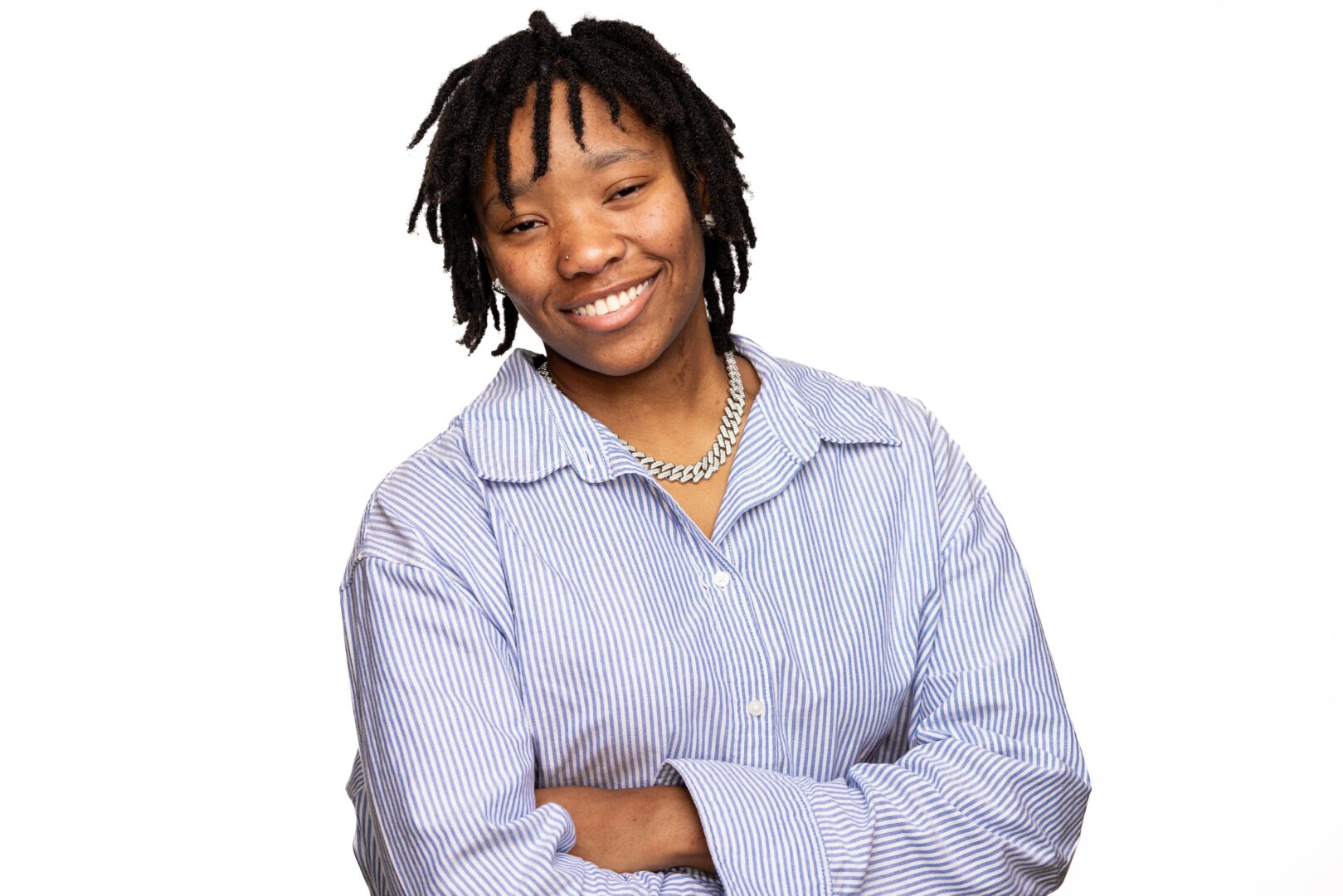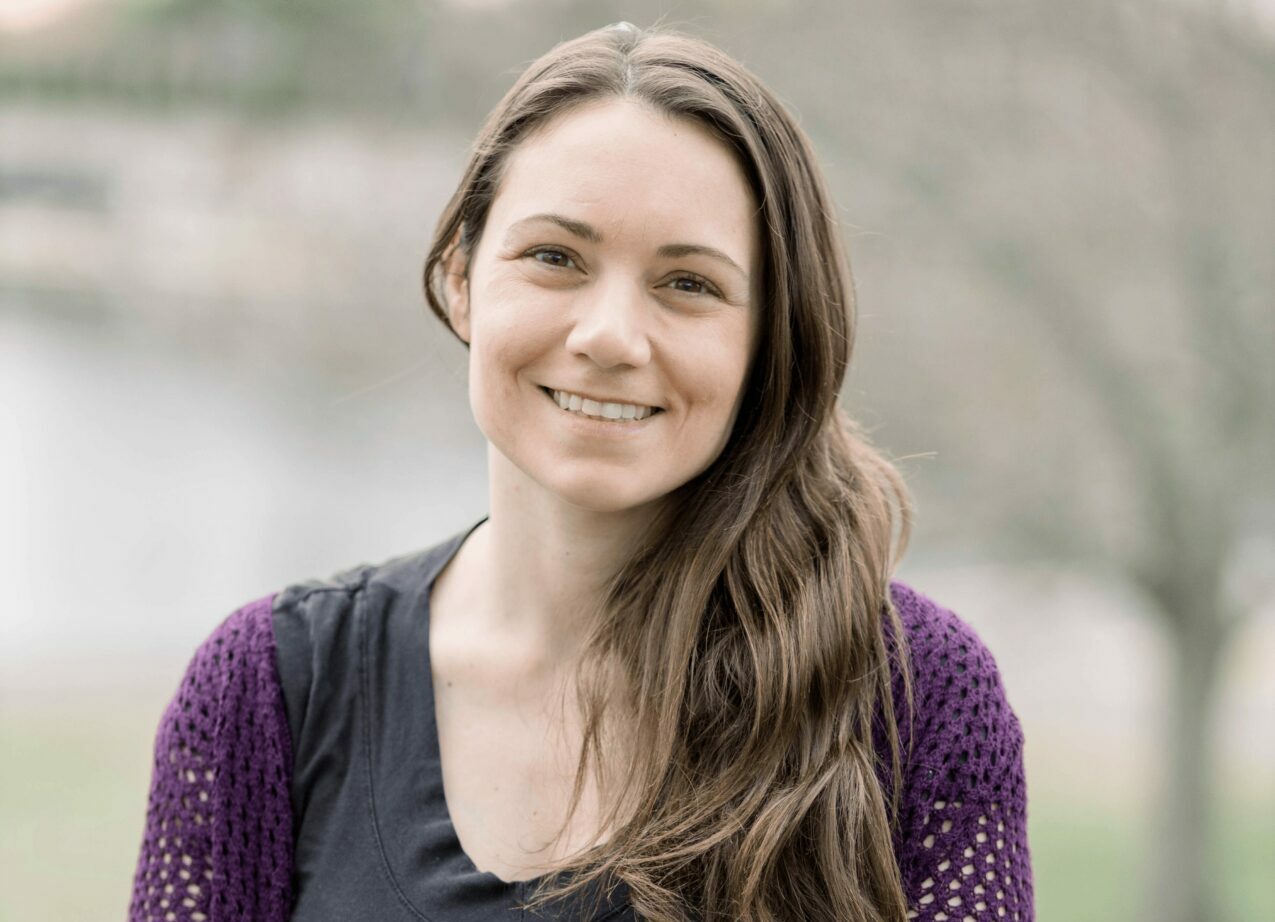Alright – so today we’ve got the honor of introducing you to Sami Kinnison. We think you’ll enjoy our conversation, we’ve shared it below.
Hi Sami, thanks for sitting with us today to chat about topics that are relevant to so many. One of those topics is communication skills, because we live in an age where our ability to communicate effectively can be like a superpower. Can you share how you developed your ability to communicate well?
I learned to communicate effectively through a mix of experience, curiosity, and trial and error. In eighth grade, I asked my friend Meg why people didn’t take me seriously, and she told me that the way I wrote, even in text messages, impacted how others perceived me. That moment flipped a switch for me. I immediately stopped using text slang, even though I was paying per text at the time, because I wanted to be intentional about how I presented myself. That was the first time I realized that small changes in communication could shift the way people responded to me.
That spark grew into a flame by the time I went to college, where I fell in love with the art of communication, how language shapes relationships, group dynamics, and even the world around us. I didn’t just want to study Mass Communications like many universities offered. I wanted to understand the nuances of how and why we communicate the way we do.
When I entered the corporate world, I didn’t immediately recognize how much my communication skills set me apart, but in hindsight, I can see that they were the reason I was promoted five times in five years. I was able to listen, anticipate needs, and provide clarity where others couldn’t. Some of this came naturally, and some of it was learned early. Growing up, I had developed a strong ability to read moods and navigate difficult conversations. While that skill came from a survival response, it also became a superpower in managing relationships and handling complex workplace dynamics.
The moment I truly embraced my ability to teach communication came when I realized that even people decades older than me struggled with the same challenges I had already learned to navigate. That’s when I asked myself why not me? Why wouldn’t people listen to me? I had spent years thinking I needed more experience before I could teach, but in reality, I had been equipped this whole time. The only thing standing in my way was my own self-doubt.
Now, my communication philosophy is simple. Start with the end in mind. Exercise excessive consideration of others to be persuasive. Notice when you need to persuade, entertain, or educate, and adjust accordingly. I love knowing that I can help people achieve what they thought wasn’t possible, not by giving them something they don’t have, but by showing them how to use their own strengths, talents, and experiences in a way that unlocks new opportunities. The power to create change is already inside of them. I just help them access it.

Thanks, so before we move on maybe you can share a bit more about yourself?
I’m a communication coach, speaker, and facilitator helping leaders and teams navigate tough conversations, build resilience, and communicate with confidence. My work is all about helping people use their words more intentionally, whether that’s advocating for themselves in the workplace, handling conflict without fear, or shifting their self-talk to be their own biggest ally instead of their own worst critic.
What excites me most about my work is seeing people realize the power they already have. So many people feel stuck in their communication, whether they struggle to speak up, set boundaries, or get their ideas heard, but when they learn small shifts in how they communicate, it can completely transform their relationships, careers, and confidence. It is incredibly rewarding to watch someone go from feeling unheard to being able to advocate for themselves with clarity and ease.
Right now, I’m focused on expanding my group coaching program, the Resilient Leaders Collective, which helps professionals develop communication skills, build confidence, and strengthen resilience in a supportive community. Through this program, participants gain the tools to communicate more clearly, set boundaries that actually work, and show up as their best selves in leadership and life. It is not just about learning, it is about transforming how people see themselves and how they interact with the world around them.
At the end of the day, I believe communication shapes everything, our relationships, our work, and even the way we see ourselves. My goal is to help people use their voice with confidence and intention so they can create the impact they want, both in their careers and in their lives.

Looking back, what do you think were the three qualities, skills, or areas of knowledge that were most impactful in your journey? What advice do you have for folks who are early in their journey in terms of how they can best develop or improve on these?
the three qualities that had the biggest impact on my journey were self-awareness, confidence, and courage.
1. Self-Awareness: Understanding myself, my strengths, weaknesses, triggers, and values has shaped everything about how I communicate and lead. The more I have learned about myself, the better I have been able to set boundaries, make aligned decisions, and show up with confidence. For anyone looking to develop self-awareness, my advice is to pay attention to patterns. Notice when you feel energized or drained, when you hold back, or when you speak with ease. Reflection, feedback from trusted people, and even journaling can help you see yourself more clearly.
2. Confidence: Confidence is not about knowing everything, it is about trusting yourself to figure things out as you go. Early in my career, I doubted whether my voice mattered, whether I was qualified to speak up, and whether I had enough experience. Over time, I realized that confidence comes from action. The best way to build it is to put yourself in situations where you have to trust yourself. Speak up in the meeting. Ask for the opportunity. Take the next step before you feel fully ready. The more you do, the more you will prove to yourself that you are capable.
3. Courage: Some of the biggest shifts in my life and career happened when I was willing to do things afraid. I have had to set boundaries when I worried about disappointing people, take risks without knowing how things would turn out, and push through discomfort in order to grow. The best way to build courage is to practice taking small risks. Say the thing, ask the question, set the boundary. It will feel scary at first, but the more you do it, the more you realize you are capable of handling whatever happens next.
For folks who are early in their communication journey, start with the conversations you have with yourself. Notice how you engage in those conversations and practice having positive, encouraging conversations with yourself regularly. Showing up for yourself in your own head gives you a great launching off point to start to show up in other conversations.

Alright so to wrap up, who deserves credit for helping you overcome challenges or build some of the essential skills you’ve needed?
The most helpful factor in my growth has been community, both as a mentee and a mentor. Surrounding myself with people who challenge, support, and believe in me has shaped my skills and confidence in ways I could never have done alone. Learning from mentors has given me wisdom and perspective, while stepping into the role of mentor myself has solidified my own knowledge and pushed me to grow even further. Teaching others forces me to refine my thinking, communicate more clearly, and practice what I preach. Every challenge has been easier to navigate because I wasn’t doing it alone, and every success has been more meaningful because it was shared. Community provides perspective, accountability, and the reminder that none of us grow in isolation. The more I invest in relationships, both as a learner and a leader, the more I see that success is never just about what I know, but about the people who help me apply it, refine it, and keep going when things get hard.
Contact Info:
- Website: https://bfreakingawesome.com
- Instagram: https://www.instagram.com/samikinnison
- Facebook: https://www.facebook.com/befreakingawesometoday
- Linkedin: https://www.linkedin.com/in/sami-kinnison/
- Youtube: https://youtube.com/@befreakingawesome
- Other: https://thebelfordgroup.com/



so if you or someone you know deserves recognition please let us know here.




